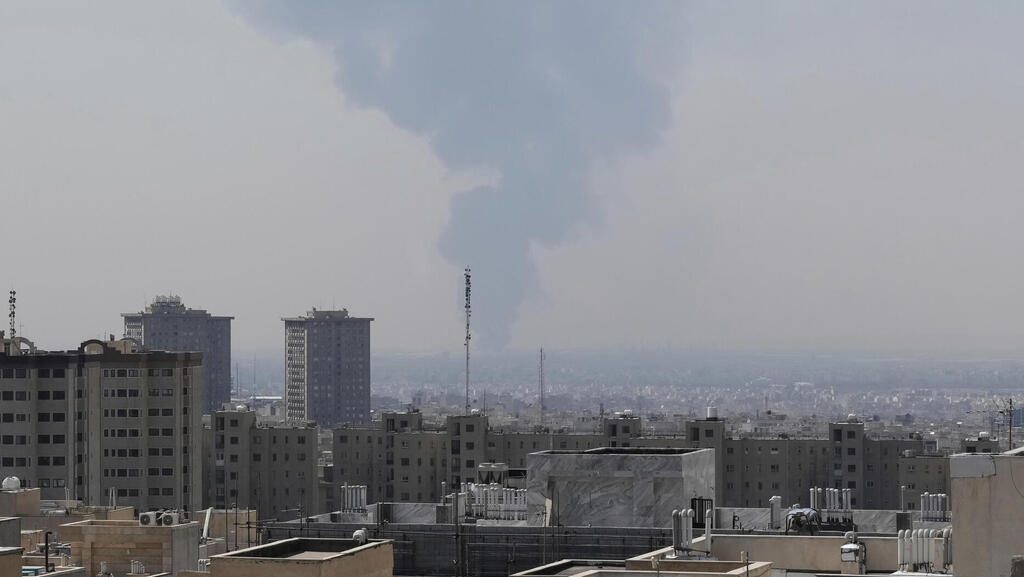While European leaders have been sharply critical of Israel over its ongoing war in Gaza, several countries have issued surprisingly broad public support for the Israeli strike on Iran’s nuclear facilities.
When it comes to Iran, the positions of the E3—Britain, Germany and France—have typically aligned closely with Israel’s. All three countries emphasize Israel’s right to self-defense and view the Iranian nuclear threat with grave concern, a stance that dates back to the original 2015 nuclear agreement.
An Israeli strike in Tehran
On the Iran issue, Israel and Europe have long seen eye to eye, in part because many European governments distinguish clearly between the Iranian threat and the Palestinian issue.
This distinction is often shaped by public opinion. In many European countries, Arab-Muslim communities tend to be strongly critical of Israel. But among Iranian diaspora communities in Europe, support for Israel is notably high. European unease over Iran’s deepening alliance with Russia also plays a significant role in shaping this stance.
At the same time, there’s a cultural aspect at play: many in Europe view the Israel-Iran conflict as a David-and-Goliath scenario. There’s also widespread fascination with the "James Bond-like" ingenuity attributed to Mossad operations. Much like U.S. President Donald Trump, many Europeans simply appreciate a winner. Israeli officials have also conveyed a clear message to their European counterparts: Israel is striking military infrastructure, while Iran is deliberately targeting civilian population centers.
The rhetoric coming from European capitals has been notably supportive. Germany and France have explicitly recognized the Iranian threat and voiced their backing for Israel’s right to defend itself. Israeli spokespeople are, for the first time in a long while, encountering genuine interest, openness and a willingness to engage in substantive dialogue.
One moment that encapsulated this shift came during a Sky News interview with Foreign Ministry spokesperson Oren Marmorstein. When asked how the government explains to Israeli citizens the need to take cover in bomb shelters, Marmorstein responded with a personal story, explaining how he addressed the question with his 9-year-old daughter.
Get the Ynetnews app on your smartphone: Google Play: https://bit.ly/4eJ37pE | Apple App Store: https://bit.ly/3ZL7iNv
"I told that in a very foul place called Iran, there's a very extreme regime—the mullah regime—and they are doing everything possible to get their hands on the most dangerous wepon humankind ever known—a nuclear weapon—and that's why we are undergoing these difficulties, but its in order for us to be safe. Actually, it's not only for us, Israel, to be safe. The idea is to make the world a safer place."
Interview with Foreign Ministry spokesperson Oren Marmorstein
(Video: X)
The interview, unexpectedly, went viral, receiving over 4.3 million organic views, driven entirely by public interest.
The question now is how long this European support will last. For now, the backing continues, largely because Israel is perceived as having the upper hand—but that could change. Should the conflict drag on and graphic images of civilian casualties in Iran begin to emerge, European public opinion may shift. Likewise, European governments will likely have little patience for a prolonged military campaign and would prefer a return to diplomatic efforts.
In short, Europe’s current support for Israel is conditional and temporary. Within diplomatic circles, skepticism is already growing about Israel’s ability to achieve its goals through military means alone. Many European diplomats believe Israel cannot halt Iran’s nuclear program on its own and will ultimately need U.S. support or a comprehensive diplomatic resolution.






